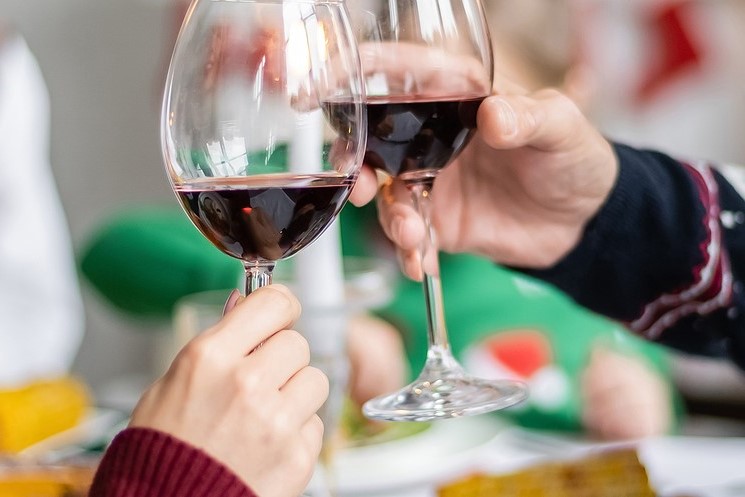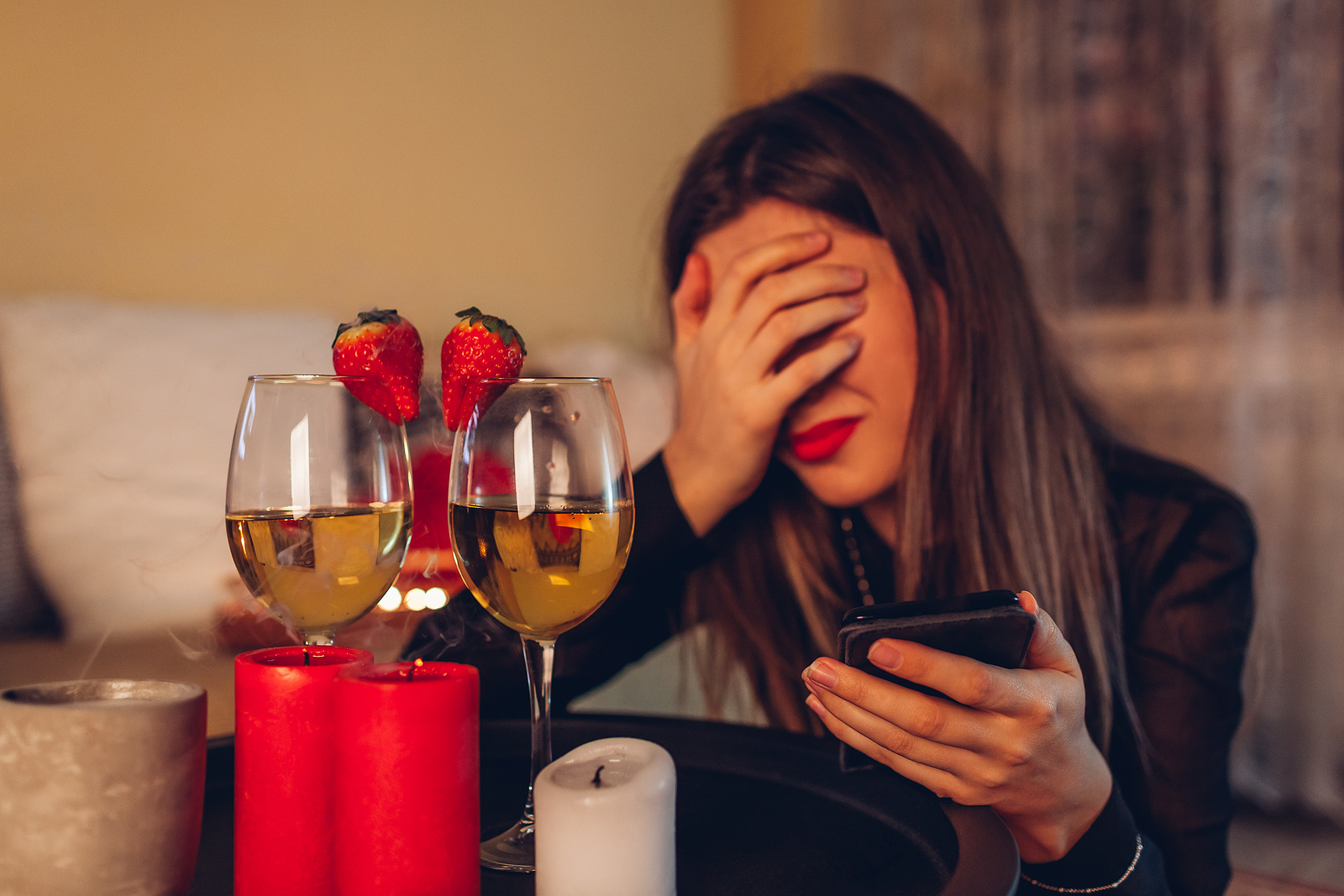Holiday Hazards: The Top Thanksgiving Triggers For Addiction Relapse
The holidays are a time for friends, family, and celebrating, but they can also be a trigger for addiction relapse. Thanksgiving is one of the most common times for people to relapse because there are so many potential triggers around the holiday.
Contact Us Today for a Confidential Assessment.
Call (877) 959-5909 Now to Speak with a Specialist
If you're in recovery, it's important to be aware of the potential hazards and be prepared to deal with them. Here are the top Thanksgiving triggers for addiction relapse and how to deal with them.
1. Parties and Events with Alcohol
For many people in recovery, parties and events where alcohol is served can be a trigger for relapse. If you're invited to a party or event where there will be alcohol, you may want to decline the invitation. If you must go, you might want to bring a non-alcoholic drink with you, or you might choose to stay for only a short while.
It's also important to have an exit strategy in case you start feeling uncomfortable. Remember, you don't have to drink alcohol just because it's there. You can politely decline by saying that you're driving or that you're taking medication that doesn't mix with alcohol.
2. Family Conflicts
Family dynamics can be complicated, and holidays tend to bring out the worst in people. If you're dreading spending time with your family because of past conflicts, try to take some time for yourself before the holiday gathering. Spend time doing things that make you happy and relax you. This will help you stay calm and collected during family get-togethers.
For some people, family conflicts are an unavoidable part of the holiday season. If you're expecting that there will be conflict at your Thanksgiving gathering, it's important to have a plan in place ahead of time.
You might decide to avoid certain topics of conversation, or you might choose to leave early if things start getting heated. If a conflict does arise, remember to keep your cool and avoid getting argumentative or defensive. It's also okay to step away from the situation if it gets too intense.
3. Being Alone
For many people in recovery, being alone during the holidays can be a trigger for relapse. When you're alone, you tend to become more emotional and insecure about where you are in your life. It's easy to get overwhelmed with your own thoughts and start thinking about using drugs or alcohol.
To avoid this trigger, make sure to reach out to your support system during the holidays. If you're feeling lonely, call a friend or family member. If you're struggling with your sobriety, attend a meeting or talk to your sponsor. There are also many online support groups available so you can find support even while you're at home.
Another solution is to spend your time around people doing positive activities. There are usually plenty of volunteer opportunities available on Thanksgiving day. By giving back, you'll be helping others while also helping yourself.
4. Financial Stress
The holidays can be a financially stressful time for many people. Not only do you need to keep up with your usual bills, but you also have to contend with the cost of gifts, travel, and holiday gatherings. If you're struggling to make ends meet, it can be tempting to turn to drugs or alcohol to help you cope.
But you have to remember that drinking away your stress will not make the money problems go away. Instead, it will likely make them worse. If you're struggling financially, reach out to your friends and family members for help. Many people are more than willing to pitch in during the holidays.
If you cannot afford to give expensive gifts, don't worry. The holiday season is not about spending money; it's about spending time with the people you love. Look for creative ways to save money, such as making homemade gifts or cutting back on your holiday consumption.
5. Unhealthy Lifestyle Choices
During the holidays, it's easy to fall into unhealthy habits. Overeating, staying up all night, oversleeping, forgetting to exercise, and stressing over little things are just some examples of unhealthy choices people make during the holidays. These choices can lead to feeling physically and emotionally drained, which in turn can make you more susceptible to relapse.
To avoid this, try to stick to your usual routine as much as possible. Eat healthy meals, get enough sleep, and make time for exercise. You might also want to limit what you eat during holiday meals and snacks. It's okay to indulge in food once in a while, but don't go overboard.
In addition, try to take some time for yourself every day. Even if it's just a few minutes, find some time to relax and do something you enjoy. This will help you recharge and feel better able to handle the holiday
Spend a Sober Thanksgiving by Getting Help Today
The holidays can be a tough time for people in recovery, but by being aware of the potential triggers, you can make it through unscathed.
If you find yourself struggling this Thanksgiving season, reach out to us. We're here to help you through every step of your journey to sobriety.
















